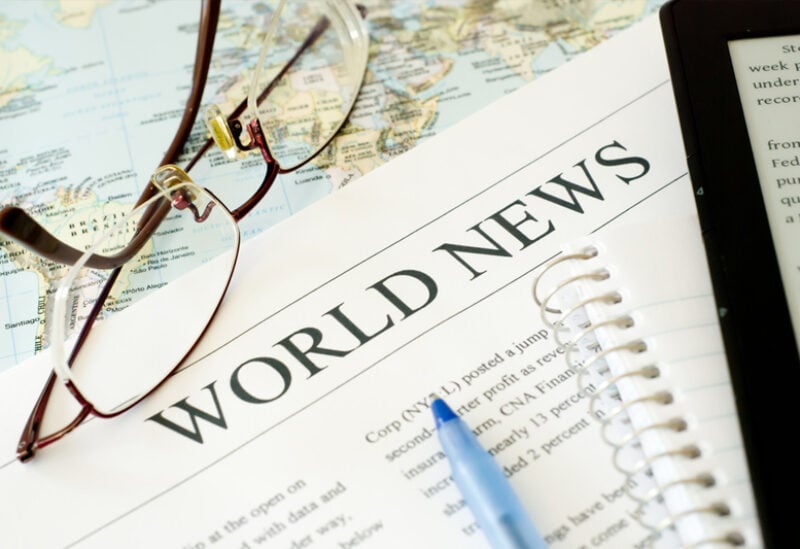
World News
On Tuesday, more than 40 countries urged China to grant the United Nations human rights chief quick access to the Xinjiang region in order to investigate accusations that more than a million people have been arbitrarily jailed there, some of whom have been tortured or forced to work.
Canadian Ambassador Leslie Norton read the joint statement on China to the United Nations Human Rights Council on behalf of Australia, the United Kingdom, France, Germany, Japan, and the United States.
Beijing denies all allegations of abuse of Uyghurs and describes the camps as vocational training facilities to combat religious extremism.
“Credible reports indicate that over a million people have been arbitrarily detained in Xinjiang and that there is widespread surveillance disproportionately targeting Uyghurs and members of other minorities and restrictions on fundamental freedoms and Uyghur culture,” the joint statement said.
“We urge China to allow immediate, meaningful and unfettered access to Xinjiang for independent observers, including the High Commissioner,” it added, referring to Michelle Bachelet.
Bachelet told the council on Monday that she hoped to agree on terms for a visit this year to China, including Xinjiang, to examine reports of serious violations against Muslim Uyghurs.
Her office has been negotiating access since September 2018.
Liu Yuyin, spokesman for China’s mission to the U.N. in Geneva, said on Monday that her visit should be a “friendly one” aimed at promoting cooperation “rather than making the so-called ‘investigation’ under the presumption of guilt.”
Authorities have been accused of torturing, forcing sterilization, sexual abuse, and separating children from their parents, according to the Canadian-led statement.
It slammed a legislation passed in Hong Kong a year ago that prohibits what China considers independence and terrorism. The first trials of those detained under the law are set to begin this week.
“We remain very concerned about the worsening of fundamental freedoms in Hong Kong as a result of the National Security Law, as well as the human rights situation in Tibet,” the statement stated.